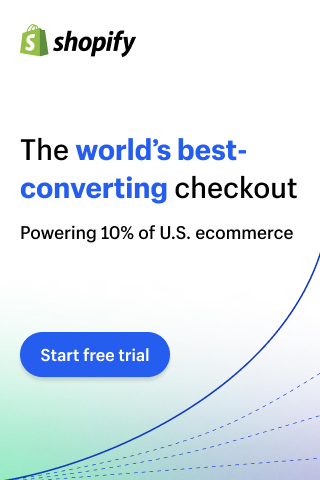As an e-commerce business, your customers are your lifeblood, and essentially your most precious entity. Whether you have already built up a loyal customer base, or are setting out to execute a business development plan, selecting a way of effectively managing your customer base in house should be a priority. The good news is that in 2016 there is a whole host of ways to perform customer relationship management, or as it is commonly known, CRM.
In this guide we will run you through some of the most popular and highly recommended CRM solutions and platforms for e-commerce businesses. But first, lets be clear why a CRM system can be beneficial for an e-commerce site.
Why use CRM solutions and platforms?
CRM solutions allow you to log, track and utilise data relating to customer interactions. These are usually related to sales and services, and CRM systems often allow you to gain an insightful overview of customer behaviour and trends as a result of the analysis. In other words, if you are not using a CRM system, there is a good chance you are failing to understand and improve the relationships between your e-commerce business and your customers.
How does CRM for e-commerce work?

CRM systems can usually be used in the form of software which is found in a central computer location. One way of benefiting from an e-commerce business is the storage of customer data on a shareable web platform such as the cloud, where several company members can view the content, see updates and track customer behaviour on an ongoing basis.
Base
Base is one CRM platform which has received glowing reviews in recent times. Its unique selling point is that it aims to aid sales teams by giving them information which specifically assists the sales acquisition process. Base even goes as far as providing sales forecasting, giving sales teams insightful data with which to enhance their strategies.
Really Simple Systems Cloud CRM
Really Simple Systems Cloud CRM is an example of a cloud-based system with integrated features. This means it covers the key areas of customer service, support, marketing and sales, and the design is suitable for both small and medium sized businesses. The tool is recommended for those with B2B, rather than consumer objectives. It also includes a built-in email marketing tool, which is a very handy feature for campaigns.
Salesforce

Salesforce is a versatile CRM solution aimed at small businesses. It can be integrated with other business apps and features a very simple dashboard as a central location from which to handle your CRM. The SalesforceIQ version allows for fairly quick set up and reports are easily generated by this popular entry level platform.
Insightly
Insightly positions itself as an online version of a filofax, but let’s be honest, who uses filofaxes these days anyway? However, that is not to belittle this very effective platform in any way. It can be used with different email systems including Gmail or Outlook and up to three users can try out a free account. If you choose Insightly you will be in good company. The platform boats 850,000 users worldwide.
Support Center Plus
If tracking and analysing the ways in which you interact with your customers over time, be it by message, social media or telephone, is your number one priority, maybe you should consider Support Center Plus. The way you manage this information is through the Customer Supportdesk feature, which is designed to help your customer service team in their activities, thereby enhancing the customer experience. If you are focused less on sales, and more on customer service at this point, then Support Center Plus makes sense.
Pipedrive
Pipedrive is a CRM platform more useful for the sales side of your customer-facing operation. Many sales teams report it to be a friendly, easy-to-use system, which is good at allowing you to flag up conversations and activities for future reference. The fact it can be integrated with software like MailChimp, Google Apps and Zapier is a bonus.
Teamgate
Teamgate exists on the cloud, giving you the advantage of sharing the customer data you collect on there with ease. It is good at pinpointing relevant reports and insights for your sales team, and for those outside the team in managerial positions to keep tabs on the process of sales. Satisfied users complimented Teamgate not only on an easily navigable solution, but a platform capable of replacing the repeated use of Excel spreadsheets in every day operations. An attribute I’m sure many of us would be happy with!
Less Annoying
Lastly, Less Annoying certainly wins the prize for the best name of any CRM solution in our opinion, but what can it deliver? The answer is a very simple CRM platform targeted at small businesses. The essentials of contacts, notes, a calendar, and to-do list are all incorporated into this software, which true to the nature of a CRM system, guarantees its own customers nothing but the best in service. An unlimited 30-day trial allows you to have a look around with no obligation.
Crucially, when deciding on a CRM solution or platform to meet your e-commerce needs, you should consider which platforms are the most user-friendly. The bane of many managers is that their sales teams are not making full use of the CRM software provided to them. Many of us are still entrenched in using traditional methods of tracking our customer interactions – organising email folders in Outlook for example, or the good old combination of pen and pad.
Taking advantage of the many free trials available to test each piece of CRM software is highly recommended, if you have the time to do this. It is worth noting the pros and cons of each platform you try, and then weighing up the best one based on return on investment.
Once you have found a solution that can deliver tangible benefits to your sales or customer service operations, then you will be satisfied with the value of CRM for your e-commerce business.

Comments are closed.